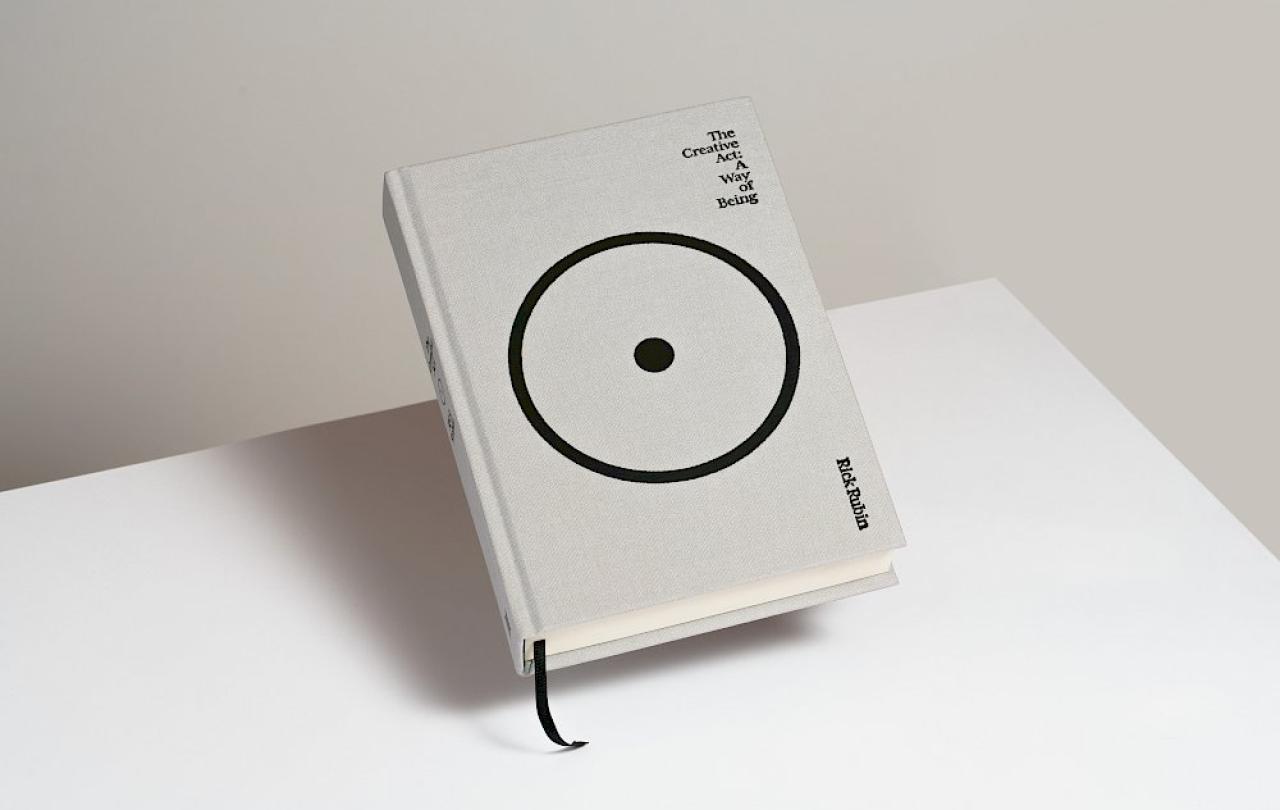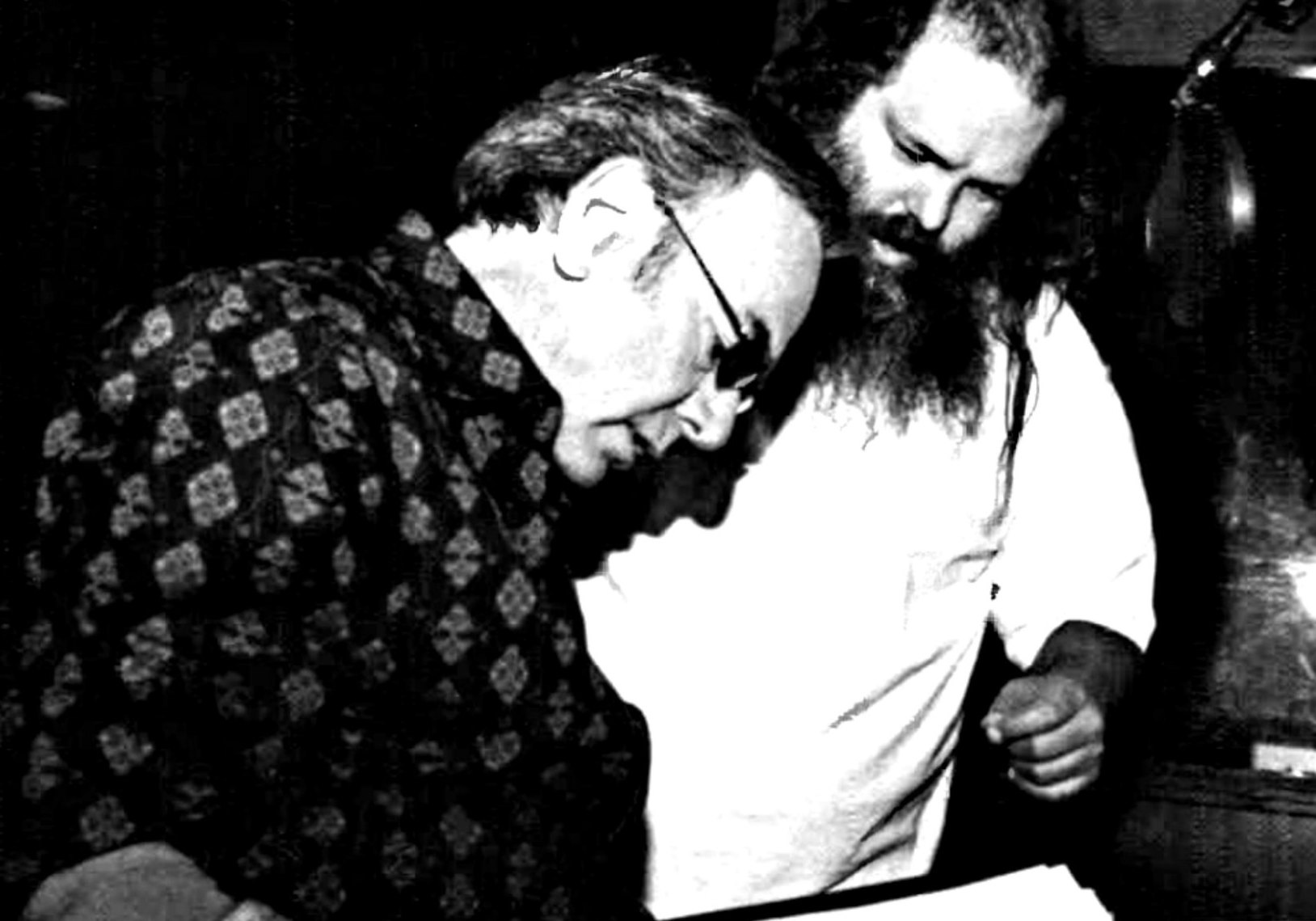From Johnny Cash to Kanye West, Rick Rubin has worked with some of the biggest names in music. Notably titled ‘the most important producer of the last 20 years’ by MTV, the famously bearded founder of Def Jam records has nine Grammy awards under his belt and is one of the most sought-after producers working today.
Written over the course of four years, a period that saw Rubin work with bands such as The Strokes and The Red Hot Chilli Peppers, The Creative Act: A Way of Being might promise a memoir yet assumes the form of something more like a self-help guide. Rubin distils what he has learned throughout his illustrious 40-year career into a series of short chapters that read somewhat like meditations, contemplating the meaning of art in general; how to make it well and why it matters to keep trying. While its dearth of personal anecdotes may be disappointing to fans hoping to gain insight into some of the producer’s many exploits, this book requires little to no contextual knowledge of Rubin’s life and work to enjoy.
“There was a version of the book three years ago,” Rubin told The Bookseller magazine last October. “The content was similar but the feeling of it... it did not feel like a call to action. It was beautiful, but it wasn’t inspirational.” If inspiring artists to create meaningful art is Rubin’s primary aim, suffice to say The Creative Act: A Way of Being largely succeeds.
Happily, this book is not just for musicians; for any working artist in search of practical guidance, Rubin offers encouragements and hands-on suggestions for how to cultivate discipline, maintain creative perspective and successfully finish work. His tips are, in many cases, refreshingly rudimentary. Set up a daily schedule of practice and stick to it. Level up your taste in the medium you are working in. Allow yourself to be distracted sometimes. Such instructions immediately reminded me of Oblique Strategies, Brian Eno and Peter Schmidt’s tarot-like deck of pithy creative prompts, conceived in 1975 as a work of art and designed to stimulate creativity. And the advice is sage. As an artist myself, I had barely gotten halfway through when my highlighter began to run out of ink.
Rubin’s thesis on art-making is full of self-aware contradiction. It is a serious matter, he says, but it’s also reliant on play. One should employ a rigorous schedule yet embrace rest and spontaneity. Practise your craft but be aware of the value in naivety;
‘often the most innovative ideas come from those who master the rules to such a degree that they can see past them or from those who never learned them at all’,
and remember that both years of artistic toil and a five-minute flash of inspiration can both produce a valuable result.






